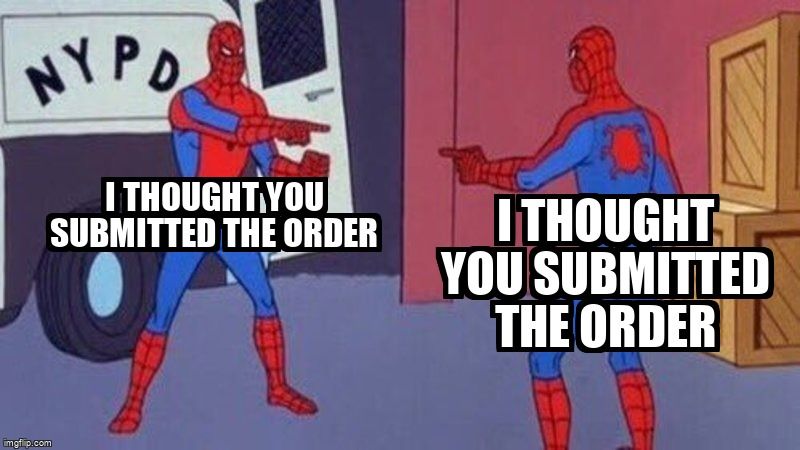
This logo isn't an ad or affiliate link. It's an organization that shares in our mission, and empowered the authors to share their insights in Byte form.
Rumie vets Bytes for compliance with our
Standards.
The organization is responsible for the completeness and reliability of the content.
Learn more
about how Rumie works with partners.
Your job interview is going well until the interviewer the following questions:
“Tell me about how you handled a miscommunication at work.”
"Can you recall a time when you misunderstood someone's instructions and how you handled it?"

Don't panic! There is a way to answer this question without sharing an epic fail from your last job.
Why Is the Interviewer Asking This?
 The interviewer is trying to understand how you communicate and resolve conflict.
The interviewer is trying to understand how you communicate and resolve conflict.
They'd like to understand:
How you handled a mistake in the past
Your interpersonal skills
Whether you learn from previous conflicts
Whether you're committed to professional and personal growth

How to Answer This Question
Describe the situation with only the most important details.
Explain the steps you took to overcome the challenge.
Ensure your story has a positive ending.
Share what you learned as a result of the miscommunication.
Use the STAR Method. Check out this Byte on using the STAR method to answer behavioral interview questions.

Remember: you're the hero in your example! How did you save the miscommunication?
Share What You Learned

The key to answering this question is demonstrating how the situation ended in success.
Explain how you effectively managed an obstacle or mistakes
Show that you learned a valuable lesson or new skills
Relate the skills you learned back to the job description
Examples
Did you learn how to ask the right questions to gain clarity before taking action?

Did you learn to not make assumptions about what your manager wanted?

Key Takeaways
Take accountability. Don’t blame others when talking about a mistake.
Emphasize your actions. Focus on how you responded to the communication issue and what you learned from the issue.

Sample Answer

"There was an instance in my previous role where I misread an instant message from one of my team members.
The message had a few punctuation typos, so I thought the tone was much harsher than it was intended. I approached my team member over the phone to clarify her intention, and realized I was mistaken.
My team member and I agreed to proofread our messages prior to sending them and use verbal communication whenever possible to avoid similar miscommunications in the future. Since then, our collaboration has been more effective!"
Try It For Yourself
The interviewer asks, "Tell me about a time when you handled a miscommunication?" or "Can you recall a time when you misunderstood someone's instructions and how you handled it?"
Which is the better response?

"One time I experienced miscommunication with a customer order. The customer was upset whenI brought out their food saying they ordered no cheese.

I told him it was the kitchen's mistake since I know I added "no cheese" when entering the order. I took it back to the kitchen and asked for a new one.
The customer seemed pleased when I brought them extra fries to make up for the miscommunication."

"One time a miscommunication occurred through an email exchange with my colleague. There was not a clear understanding between us about the urgency of the task.

The next day, my colleague was upset when they didn't receive my contribution yet.
To overcome this issue, I called that colleague to clarify their request and prioritized the task to complete it immediately.
After this situation, I learned to always clarify expectations by asking questions up front, especially about expected deadlines. I also learned how to communicate more effectively over email."
Quiz
Select the better answer from the question above.
Choice B is the stronger response. Notice how answer B includes phrases like, "to overcome this issue..." and "I learned...". Choice A isn't the best because this response blames someone else for the mistake and doesn't explain what they learned from the situation.
Take Action
This Byte has been authored by
Erin Ferris
Learning Experience Designer
